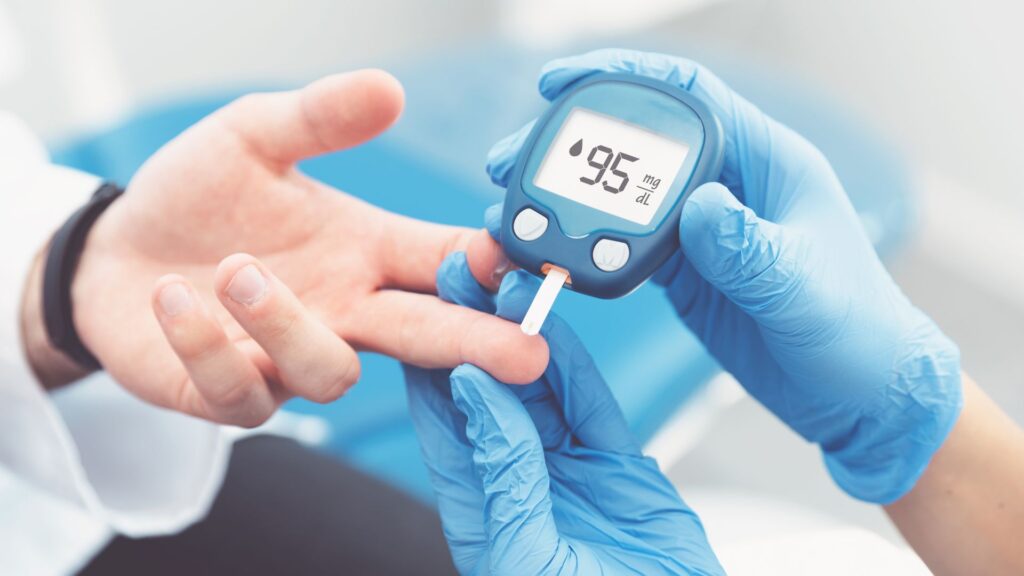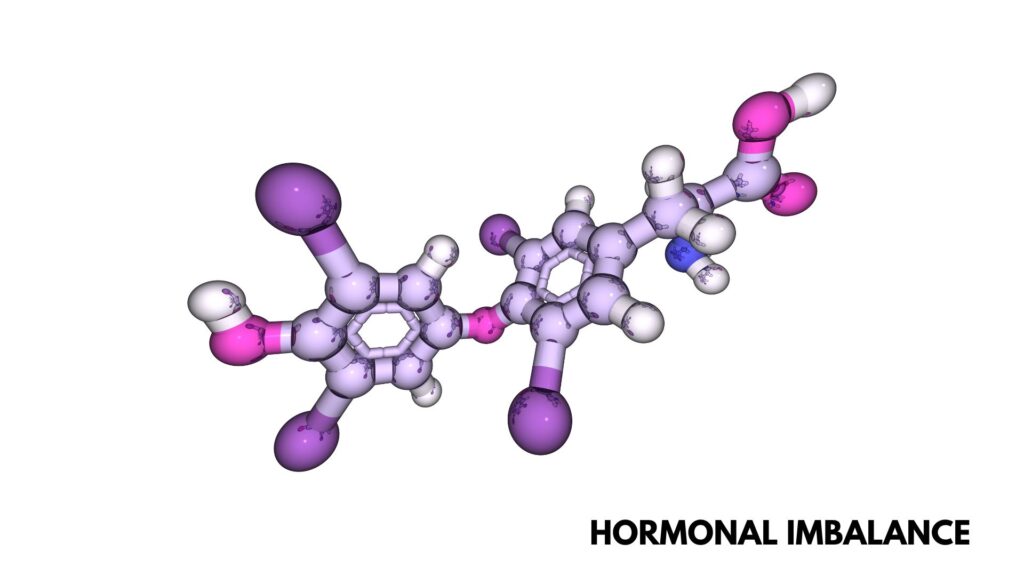
Male infertility refers to a man’s inability to impregnate a fertile female partner after regular unprotected sexual intercourse. Male infertility is not a stand-alone disease. There can be various underlying factors and health conditions that can impact male fertility, often affecting sperm production, quality, or delivery. Over the years lifestyle of an ordinary person has changed immensely. We also see a rise in infertility cases as well for both men and women. Poor lifestyle choices like unhealthy food habits, erratic sleep schedules, sedentary lifestyle and lack of physical activity has given rise to a lot of diseases like obesity, type 2 diabetes, high blood pressure and cardiovascular diseases. It’s tough to find a home today where none of these diseases exist.
Pre-existing medical conditions are known to impact fertility in men. Let us discuss a few of them.

Obesity
Obesity has become an epidemic in today’s times. Research says that boys who are obese may be having a higher risk of infertility when they grow up. Obesity can significantly impact male infertility, presenting a range of challenges to reproductive health. One of the primary mechanisms through which obesity affects fertility in men is hormonal disruption. Adipose tissue, particularly visceral fat in the body, produces estrogen, which can disrupt the delicate balance of reproductive hormones such as testosterone. Elevated estrogen levels in obese men can lead to decreased testosterone production, which can negatively impact both sperm production and quality.
Obesity is linked to increased oxidative stress and inflammation, which can damage sperm DNA and impair sperm function. Lifestyle factors commonly associated with obesity also contribute to infertility by negatively impacting overall health and reproductive function. As per the research, the boys who were overweight or had obesity are observed to have shrunken testes and lower testicular volume compared to other boys. Testicular volume refers to the size or volume of the testes, which are the male reproductive glands responsible for producing sperm and testosterone. Obesity is often associated with conditions such as insulin resistance and type 2 diabetes, which further exacerbate hormonal imbalances and reduce sperm quality.
Addressing obesity through lifestyle modifications such as weight loss, exercise, and dietary changes can help improve fertility outcomes in obese men. Although some research has been done in this area, more is required on a larger scale to establish the link between obesity and infertility.

Diabetes :
Diabetes can significantly impact male infertility by disrupting various aspects of reproductive health including erectile dysfunction, decreased sex drive (libido), ejaculation problems and inflammation of the foreskin (balanitis). One of the primary concerns is erectile dysfunction (ED), which is more prevalent in diabetic men due to vascular and nerve damage. Erectile dysfunction (ED) is a condition in which men are consistently unable to get or maintain an erection. Typically, it can affect men with long-term or uncontrolled diabetes, This can hinder sexual intercourse and conception.
Additionally, diabetes may lead to decreased sperm quality, including reduced sperm motility and abnormal morphology, thereby lowering fertility potential. The high levels of glucose in the blood can also create an environment conducive to oxidative stress, which can damage sperm DNA. Hormonal imbalances associated with diabetes, such as decreased testosterone levels, can further contribute to infertility issues. A recent study of men attending a fertility clinic concluded that men with sugar in pre-diabetic range had higher levels of damage to sperm DNA and were more likely to have azoospermia (no sperm in the ejaculate). They had lower testosterone levels and more disruption in other fertility hormones when compared to other men with blood sugar in normal range.
While you can’t cure diabetes, managing blood sugar levels and adopting a healthy lifestyle are crucial for diabetic men seeking to mitigate the adverse effects of diabetes on their reproductive health and fertility. Again, more research is required in this area too to understand the link between blood sugar and risk of infertility.
Apart from obesity and diabetes, these are many environmental, genetic, lifestyle and medical factors that can adversely impact fertility.

Medications
Certain medications can have significant effects on male fertility. For instance, some antibiotics, such as sulfasalazine and nitrofurantoin, may impair sperm production or function. Additionally, certain antidepressants, like SSRIs (Selective Serotonin Reuptake Inhibitors), have been associated with decreased sperm quality. Other medications, such as testosterone replacement therapy and some chemotherapy drugs, can suppress sperm production temporarily or even lead to permanent infertility.
It’s essential for men who are planning to conceive to consult with their healthcare provider about any medications they are taking and to discuss potential impacts on fertility. In some cases, alternative medications with fewer effects on fertility may be available or additional measures, such as sperm preservation, may be considered to safeguard fertility during treatment.

Sexually Transmitted Infections
Sexually transmitted infections (STIs) can significantly impact male fertility. Several STIs, such as chlamydia, gonorrhoea, and syphilis, can lead to inflammation and scarring of the reproductive organs, including the testes, epididymis, and vas deferens. Inflammation in these crucial reproductive structures can interfere with sperm production, maturation, and transportation. Additionally, some STIs, like chlamydia and gonorrhoea, may cause blockages in the sperm ducts, hindering the passage of sperm during ejaculation. Moreover, certain STIs, such as HIV, can weaken the immune system, making individuals more susceptible to opportunistic infections that can further compromise reproductive health.

Hormonal Imbalance
Hormonal imbalances, such as hypogonadism and thyroid disorders, can impact sperm production, while genetic disorders like Klinefelter syndrome may lead to infertility. Environmental factors like exposure to toxins and lifestyle habits including poor diet, excessive alcohol consumption, and smoking can further contribute to infertility issues in men. Certain medical conditions such as varicocele (enlarged veins in the scrotum), infections, hormonal disorders, and anatomical abnormalities can affect male fertility
Take Away
Maintaining overall health and wellness is crucial for optimizing fertility outcomes. While you may not be able to do much about genetic factors, but you must definitely take care of things you can control. Managing your diseases with the help of your doctor and taking care of your lifestyle and environment to the best possible extent is important for fertility.
